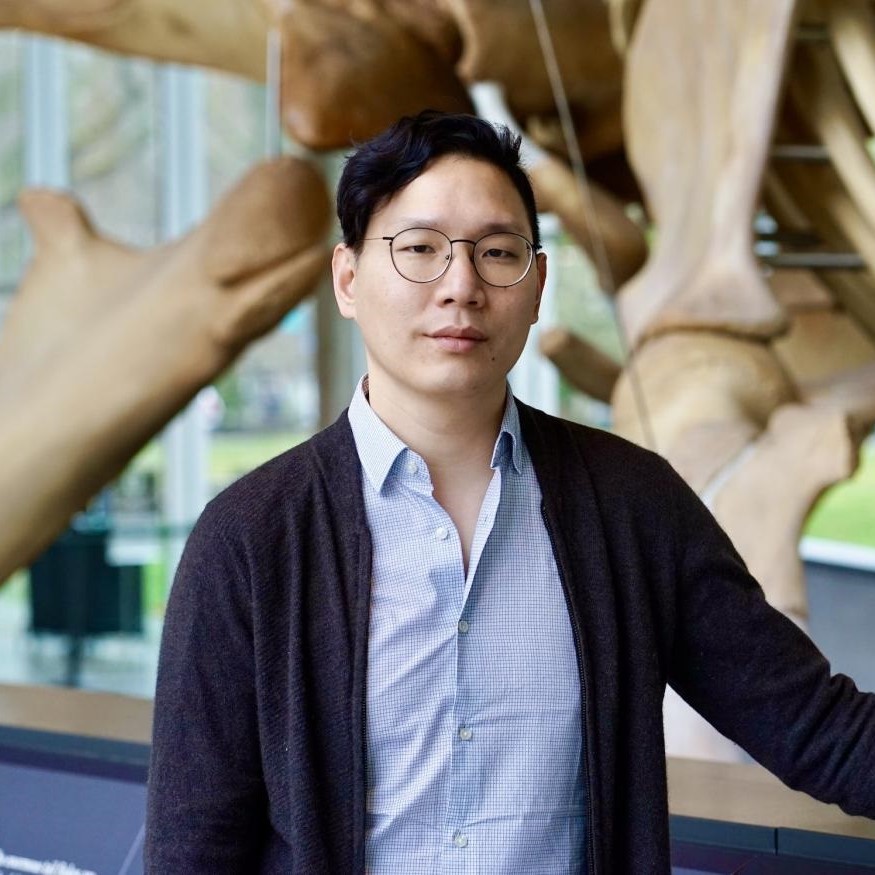
Research Interests
Cell Signalling, Molecular trafficking, Nuclear import, Viruses
Research Focus Teams
TBD
Departments
Contact
Email: weikevin@zoology.ubc.ca
Office Phone: 604-827-2529
Publications
Lab Website
Dr. Wei grew up in Vancouver. His academic journey began as an undergrad at McGill University (BA&Sc) where he studied the evolution and molecular basis of caste determination in ants with Dr. Ehab Abouheif. He then went to the National Taiwan University to study the genetic basis of insipient speciation with Dr. Chau-Ti Ting. Here, he became enamored with Drosophila and the extraordinary diversity of species in the genus. He then moved to Cornell University for graduate school, and working with Dr. Daniel Barbash and Andy Clark, he developed cutting edge genomic techniques to investigate the causes and consequences of rapid turnover in repetitive sequences – often characterized as the dark matter of the genome. After completion of his PhD, he joined Dr. Doris Bachtrog group at the University of California – Berkeley to study how selfish genetic elements contribute to sex chromosome evolution, embryonic development, and meiotic processes like spermatogenesis and recombination. Completing a full circle, he returned to Vancouver to start his lab at the LSI in UBC as an Assistant Professor in the Department of Zoology
The genome is often characterized as an intricate, well-oiled machine, evolved to have optimized parts working in harmony. This is far from the reality. The genome is littered with genes and DNA sequences that not only have no function but are actively harmful to the rest of the genome and the organism. Transposable elements, or jumping, genes are commonly regarded as selfish genetic elements, as they can move around and make copies of themselves. But in doing so, they create mutations that can cause breaks in the DNA and destroy gene function. Therefore, their replicative nature threatens the integrity of the genome. Yet, they are also highly ubiquitous, often making up large fractions of eukaryotic genomes (e.g. 50% of the human genome). The Wei Lab seeks to understand the profound impact these selfish genetic elements have on the genome and the organism. How does the genome combat their deleterious activities to maintain organismal fitness and reproductive health? How do these elements contribute to genome instability and diseases? And how do they drive changes in the genome across deep evolutionary time?
Molecular mechanisms and evolutionary consequences of evasion tactics by transposable elements.
Evolution of meiotic and embryonic regulation of transposable elements across Drosophila genus.
Molecular evolution of recurrent turnover in recombination and meiotic regimes in Drosophila.